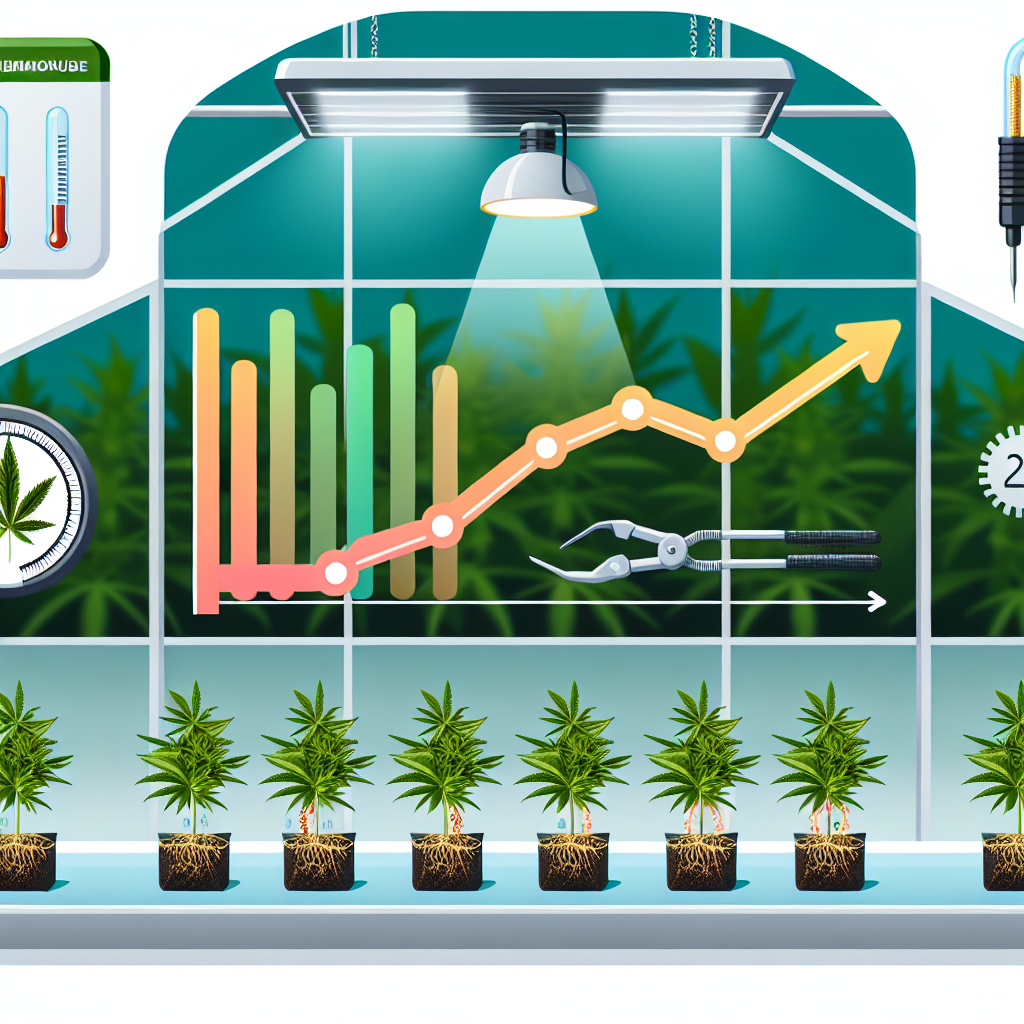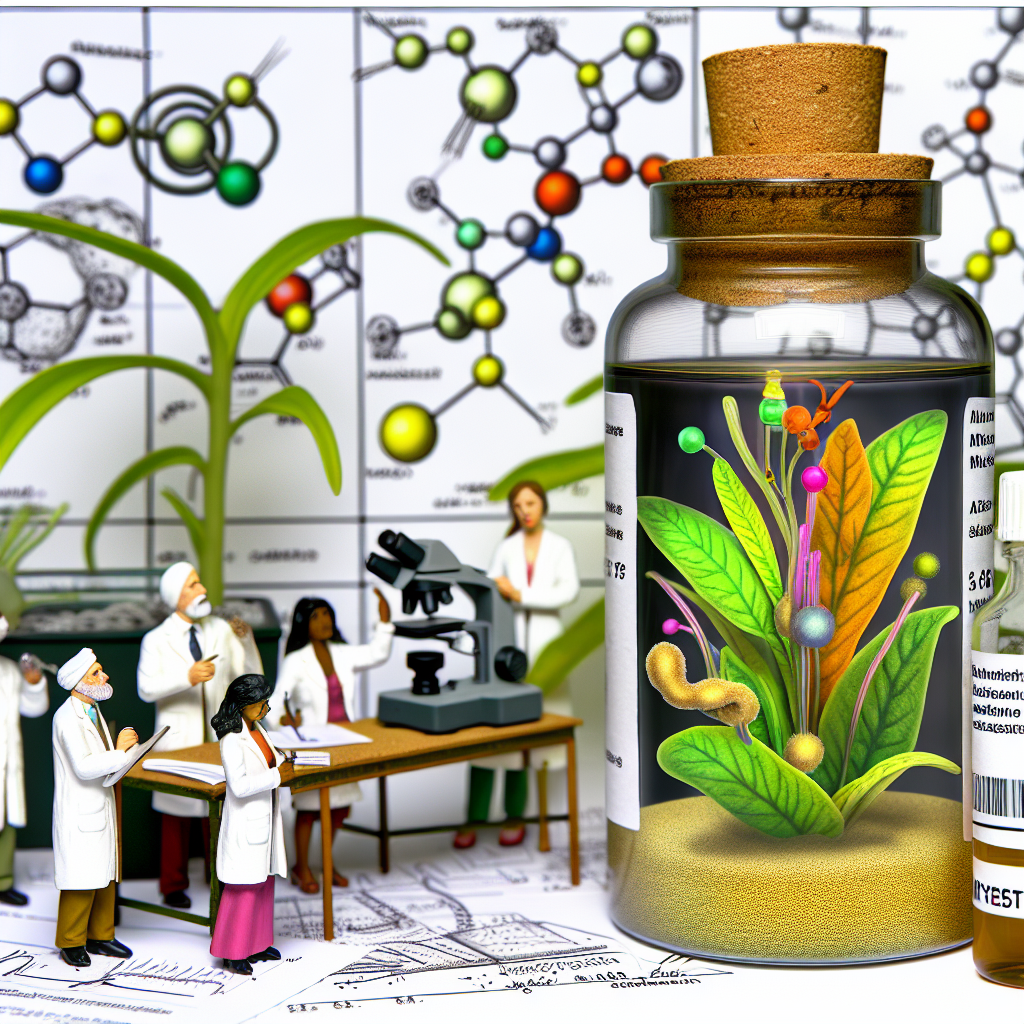Cannabis Cloning Success Rates: Advanced Propagation Techniques
Introduction
The ability to clone cannabis plants has been a game-changer for cultivators looking to replicate their best-performing strains with precision. Cannabis cloning is a vegetative propagation technique that involves taking a cutting from a mother plant and fostering it into an independent plant with identical genetics. This method is particularly valuable for ensuring consistency in cannabinoid profiles, terpene composition, and overall plant health, making it indispensable for commercial growers and home cultivators alike.
However, achieving high success rates in cannabis cloning requires more than just a basic understanding of cutting and rooting. Despite widespread use, growers often encounter challenges such as slow root development, contamination, or plant stress that can reduce cloning success rates. To improve outcomes, professional and advanced cultivators have increasingly adopted sophisticated propagation techniques that optimize environmental conditions, rooting mediums, and growth stimulants.
Several factors influence the success of cannabis cloning. The health and vigor of the mother plant play a crucial role in determining the viability of a clone. Environmental conditions such as humidity, temperature, and oxygen levels must be carefully controlled to encourage rapid root development. Additionally, advancements in modern cloning techniques, including tissue culture propagation, aeroponic cloning, and the use of rooting hormones, have led to significantly improved cloning success rates.
In this article, we will explore cutting-edge techniques that enhance cannabis cloning success rates, including professional propagation methods and scientifically-backed best practices. Whether you are a commercial grower aiming for scalability or a hobbyist looking to preserve your favorite strain, understanding these advanced techniques will enable you to achieve consistent success in cannabis cloning.
Enhancing Cannabis Cloning: Cutting-Edge Methods and Proven Science
Optimizing Environmental Conditions for Rooting Success
Research has consistently shown that environmental factors significantly impact cannabis cloning success rates. A study published in *Frontiers in Plant Science* highlights the importance of humidity and temperature control in plant propagation. Maintaining humidity levels around 70-80% and temperatures between 72-78°F (22-26°C) promotes healthy root development, reducing stress on newly cut clones [[1]](https://www.frontiersin.org/articles/10.3389/fpls.2018.00392/full).
Proper air circulation and oxygen availability to root structures also play a vital role in rooting efficiency. Many advanced growers implement aeroponic or hydroponic cloning models, which provide continuous oxygenation to developing roots, effectively increasing the speed and success rate of propagation.
Tissue Culture Propagation: The Future of Genetic Preservation
Technological advances in plant cloning have led to the widespread exploration of *in vitro* tissue culture propagation. This technique involves growing tiny cannabis cells in sterile nutrient media, allowing growers to preserve genetics indefinitely and eliminate the risk of pests or diseases. Research suggests that tissue culture can provide a nearly 100% success rate in restoring and multiplying elite cannabis strains without genetic drift [[2]](https://www.sciencedirect.com/science/article/abs/pii/S0168945219300584).
Although tissue culture requires specialized laboratory equipment, more advanced cultivators are adopting it as a method for maintaining genetic consistency in large-scale cannabis production.
Power of Rooting Hormones and Beneficial Microbes
Rooting hormones such as indole-3-butyric acid (IBA) and napthaleneacetic acid (NAA) have been scientifically validated to enhance root formation in cannabis and other horticultural crops. Studies indicate that dipping cuttings in a rooting hormone solution before planting can significantly increase success rates and shorten rooting times [[3]](https://www.ncbi.nlm.nih.gov/pmc/articles/PMC7072494/).
Additionally, beneficial microbes and mycorrhizal fungi, such as *Rhizobacteria* and *Trichoderma*, improve root development by fostering a symbiotic relationship with plant roots. This microbial interaction enhances nutrient uptake, accelerates clone establishment, and strengthens plant immunity, making it particularly beneficial in organic cultivation systems.
Aeroponic and Hydroponic Cloning: Next-Level Precision Growing
Traditional soil-based cloning presents higher risks of transplant shock and mold development. Aeroponic cloners, which suspend plant cuttings in finely misted air, offer increased oxygenation to the root zone, resulting in faster root production and healthier plants. A study in *Horticultural Science* found that aeroponic systems improved rooting success by up to 30% compared to traditional water or soil cloning techniques [[4]](https://journals.ashs.org/hortsci/view/journals/hortsci/50/3/article-p438.xml).
Hydroponic cloning methods, such as deep water culture or rock wool propagation, similarly optimize water-to-air ratios, enabling strong root mass formation without excessive moisture stress. These systems have now become widely implemented in commercial cannabis propagation due to their efficiency and scalability.
Selecting and Preparing High-Quality Mother Plants for Maximum Success
The genetic integrity of cloned plants is only as strong as the mother plant they originate from. Nutrient deficiencies, pest infestations, or hormonal imbalances within a mother plant can reduce cloning success rates. Growers looking to optimize performance should ensure that mother plants are consistently healthy, well-fed with micronutrients, and periodically renewed to avoid genetic degradation.
Conclusion: The Science and Skill of High-Performance Cannabis Cloning
Achieving high cannabis cloning success rates is a balance of science and skill. By employing advanced propagation techniques such as tissue culture, aeroponic systems, and microbial inoculation, cultivators can significantly improve their cloning efficiency. Environmental control and the use of rooting hormones further increase the likelihood of strong, healthy clones developing into vigorous plants. As cannabis cultivation continues to advance through research and innovation, growers who incorporate scientifically validated propagation strategies will stay ahead in producing high-quality cannabis with exceptional genetic stability.
Summary:
This article explores cutting-edge techniques for enhancing cannabis cloning success rates, including optimizing environmental conditions, utilizing tissue culture propagation, leveraging rooting hormones and beneficial microbes, and implementing advanced aeroponic and hydroponic cloning systems. By understanding and applying these scientifically-backed methods, cultivators can achieve consistent success in propagating their favorite cannabis strains while preserving genetic integrity.



